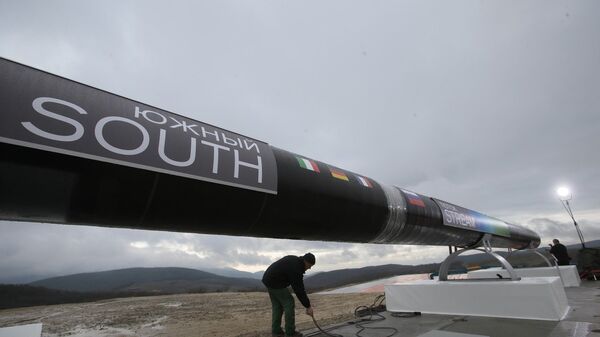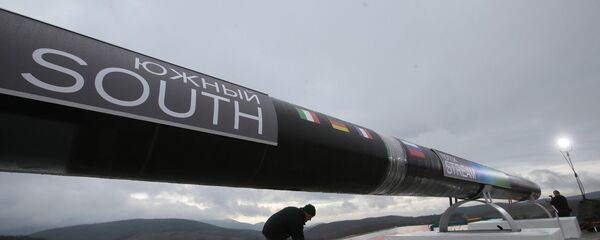“I have initiated the creation of a high-level working group, consisting of the member states concerned by the South Stream, including Bulgaria, and the European Commission to coordinate the development and execution of cross-border projects as well as trans-European projects allowing for diversification of gas supplies to the region. I have agreed with the Bulgarian Prime Minister that the first meeting of this group will take place in Sofia," he said.
Sefcovic stressed that the position of the Commission has not been changed and “any energy infrastructure project in the EU has to comply with the rules of the EU.” In December 2014, Russian President Vladimir Putin announced that Russia was unable to continue with the South Stream gas pipeline, originally intended to transport Russian gas to Europe under the Black Sea due to the European Commission's opposition to the project.
Following the pipeline's cancellation, Austria, Bulgaria, Croatia, Greece, Hungary, Italy, Romania, and Slovenia agreed that Sefcovic would convene a group to discuss the improvement of energy security and gas supply diversity to the region.
The construction of the South Stream pipeline across the Black Sea was announced by Russian energy giant Gazprom back in 2012, with the intention that it would ensure gas delivery stability by bypassing Ukraine, through which the bulk of Russian gas to European customers is currently piped. The pipeline was expected to be operational by 2018.




